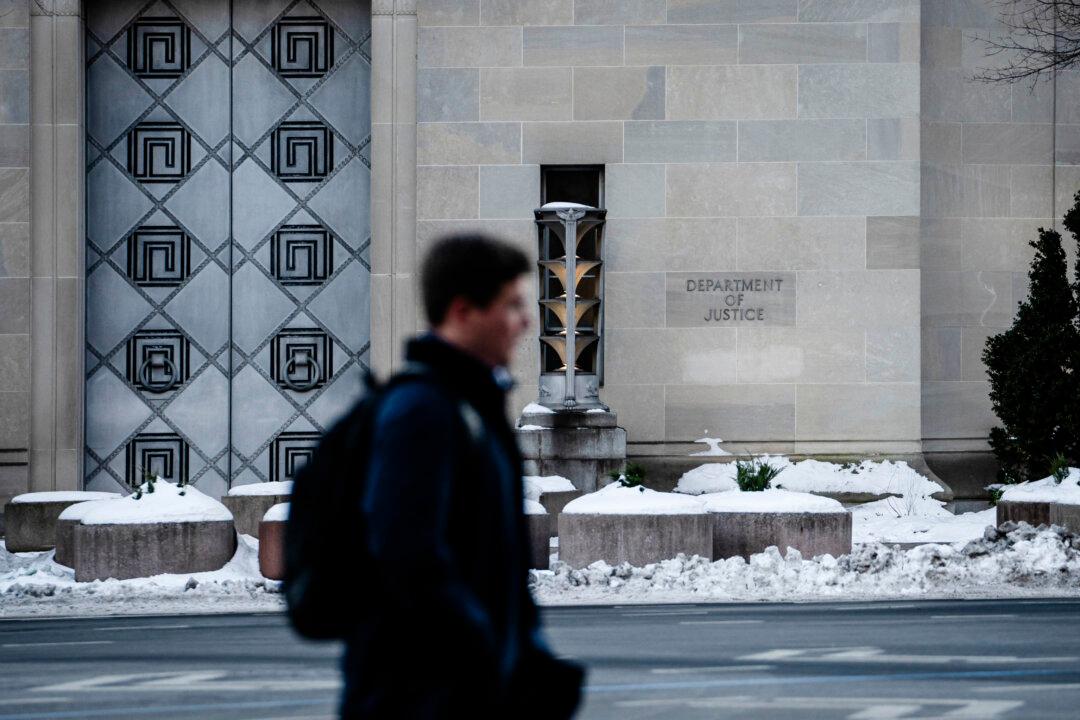A group of seven who allegedly sought to steal hundreds of millions of dollars in the country’s “largest COVID-19 tax credit scheme” by falsely claiming pandemic-era benefits were charged on Jan. 22, according to the Department of Justice (DOJ).
An indictment unsealed in New York state charged the seven people with “operating a multi-state conspiracy in which they attempted to defraud the United States of more than $600 million by filing more than 8,000 false tax returns claiming COVID-19-related employment tax credits,” the agency said in a statement. The fraud targeted programs like the employee retention credit (ERC) and the paid sick and family leave credit (SFLC), which were passed in response to the COVID-19 pandemic.





